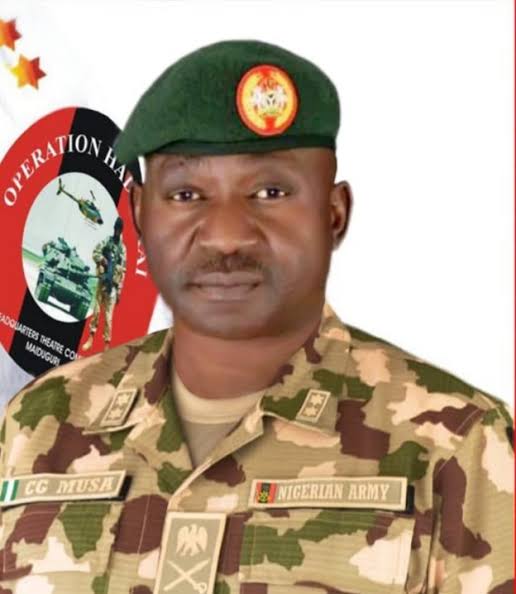ABUJA: Despite Nigeria’s persistent security challenges, more than 500 senior military officers including Major Generals, Brigadier Generals, Rear Admirals, and Air Vice Marshals have been forced into early retirement since 2015 following the appointment of new service chiefs under former President Muhammadu Buhari and President Bola Tinubu.
The retirements, affecting the Army, Navy, and Air Force, stem from a long-standing military rule that requires officer’s senior to or of the same course as newly appointed service chiefs to disengage. The practice, the military insists, preserves discipline and hierarchy within the forces.
However, insiders estimate the real number of retired generals could exceed 900 far higher than officially acknowledged.
The first wave came in 2015 when Buhari appointed Lt.-Gen. Tukur Buratai, Air Marshal Sadique Abubakar, and Vice Admiral Ibok-Ete Ibas as service chiefs, prompting over 120 senior officers to quit.
A similar purge followed in 2021 when another set of service chiefs Late Lt.-Gen. Ibrahim Attahiru, Air Marshal Isiaka Amao, and Vice Admiral Awwal Gambo were appointed, leading to the exit of about 220 top officers across the services.
The death of Gen. Attahiru that same year and the subsequent appointment of Gen. Farouk Yahaya triggered another round of voluntary retirements.
Under Tinubu, the pattern has persisted. Two weeks after assuming office, he appointed Lt.-Gen. Taoreed Lagbaja, Air Marshal Hasan Abubakar, and Vice Admiral Emmanuel Ogalla as new service chiefs, resulting in the retirement of 117 senior officers across the military.
Following last week’s reshuffle that brought in Gen. Olufemi Oluyede (CDS), Maj.-Gen. Waidi Shaibu (COAS), AVM Sunday Aneke (CAS), and Rear Admiral Idi Abbas (CNS), another 60 officers are expected to exit, maintaining the tradition.
Retired General Ishola Williams criticised the practice as a carryover of military regime mentality, urging reform in the appointment process.
He argued that such abrupt disengagements destabilise the military and waste talent that could be better managed through a structured succession system.
Similarly, retired General Aliyu Momoh supported Tinubu’s leadership changes but called for the elimination of entrenched cabals and cartels allegedly controlling the military’s internal system. He said Nigeria’s security crisis would persist unless these influences were dismantled.
Brigadier-General Adewinbi (retd.) described the retirements as inevitable, saying, You can’t tell the Commander-in-Chief who to appoint.
He, however, advised that retired generals should be retained in reserve units to tap into their experience.
Group Captain Sadique Shehu (retd.), a member of Buhari’s Armed Forces Reform Committee, described the situation as structurally flawed, revealing that Nigeria had nearly 960 generals in 2022 for a total of 235,000 personnel almost equal to the U.S. ratio despite having a much smaller army.
He blamed political interference and poor manpower planning for the bloated structure, urging the National Assembly to legislate limits on the number of generals and set clear rules for appointing and retaining service chiefs.
Meanwhile, other retired officers like Maj.-Gen. Lasisi Abidoye and Maj.-Gen. PJO Bojie maintained that such retirements were a normal part of military tradition to ensure command renewal and avoid stagnation.
Still, analysts warn that without reforms to address rank inflation, weak oversight, and arbitrary appointments, Nigeria’s armed forces risk losing both structure and institutional memory at a time of mounting insecurity.



